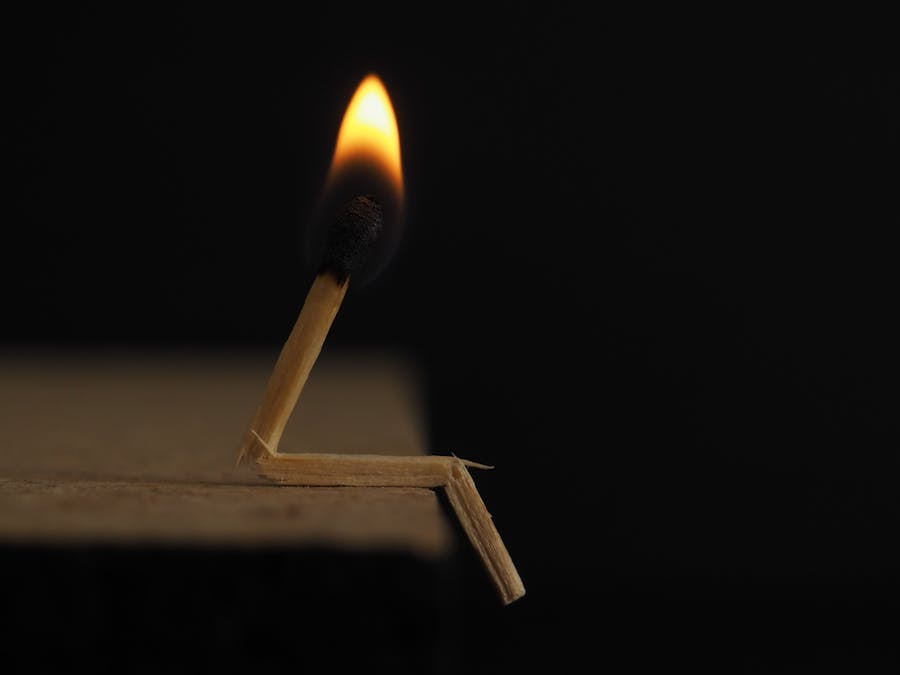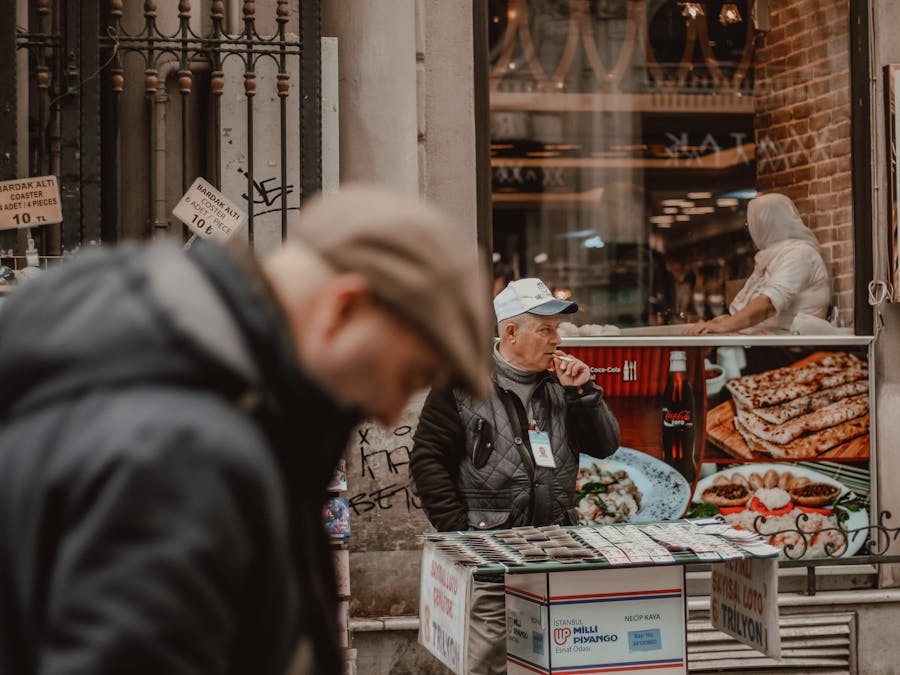 Piano Guidance
Piano Guidance
 Piano Guidance
Piano Guidance

 Photo: Sebastian Sørensen
Photo: Sebastian Sørensen
The Story Behind The Tradition Originally, pianos were supposedly set alight by pilots who wanted to avoid taking lessons aimed at improving "finesse and civility". The RAF believed that piano lessons for pilots would not only increase their level of culture but also improve their dexterity.

Studies show that music stimulates the brain in a way no other activity does. While playing a piece on the piano, you are adding new neural...
Read More »
The song was released on September 18, 2015. It was the third single from the band's second studio album titled Lukas Graham (also called the Blue...
Read More »It's a Royal Air Force tradition that dates back decades and a ceremonial occasion that's a little more on the unusual side. Piano burning – the act of setting light to a piano, usually an upright – was reportedly started during the Second World War, or in the years leading up to the conflict, to honour fallen RAF pilots. Other reports, however, say the origins of piano burning relate to pilots being forced to take piano lessons to improve their dexterity and level of culture – and setting fire to an instrument meant the lessons were avoided. Whatever the origins, it's a tradition shared by the Royal Air Force and, across the pond, the US Air Force too. The Story Behind The Tradition The long-standing custom of piano burning is surrounded by myth and story-telling but traces its roots to the period between the First and Second World Wars. Originally, pianos were supposedly set alight by pilots who wanted to avoid taking lessons aimed at improving "finesse and civility". The RAF believed that piano lessons for pilots would not only increase their level of culture but also improve their dexterity. Some have noted that tradition is to have originated at RAF Leuchars, where the only piano at the base burned down in a terrible accident. With the RAF unable to afford a replacement piano, lessons were ultimately cancelled. Local pilots, inspired by their animosity towards piano lessons and keen to avoid any more, spread the word like wildfire, and soon the tradition caught on and more RAF bases began burning pianos to avoid lessons. Even after the lessons ceased, the tradition remained. Another story suggests that a young pilot who was known as his squadron's piano player was killed while flying in an air raid and in honour of his memory, his squadron burned his piano. During a burning ceremony in 2015, RAF officer James Radley, who much preferred the second origin story, said: "It's that recognition of importance, that recognition by the squadron that something or someone made such a difference to them that it made a tradition. "And, I think this is a fantastic way to create a common bond of tradition between the Royal Air Force and the US Air Force."

The F1 through F12 FUNCTION keys have special alternate commands. These keys are called enhanced function keys. Enhanced function keys provide...
Read More »
While John Taylor is a relatively unknown guitarist compared to the rest of the musical behemoths on this list, he does hold the Guinness Book of...
Read More »
A well-maintained piano will have clean keys and they should feel smooth and even in touch throughout in terms of the key-depth (how far they go...
Read More »
Grade 7 is a small step up from grade 6 music theory. The knowledge of harmony that you built up in grade 6 is extended slightly, with a few more...
Read More »
The C7 chord is a variation on the standard C chord with one small addition - the seventh note, Bb. The addition of that one little flat note makes...
Read More »
Can you sell old ivory piano keys? In short, no, you cannot legally sell old ivory piano keys; they would have to be sold with the original...
Read More »